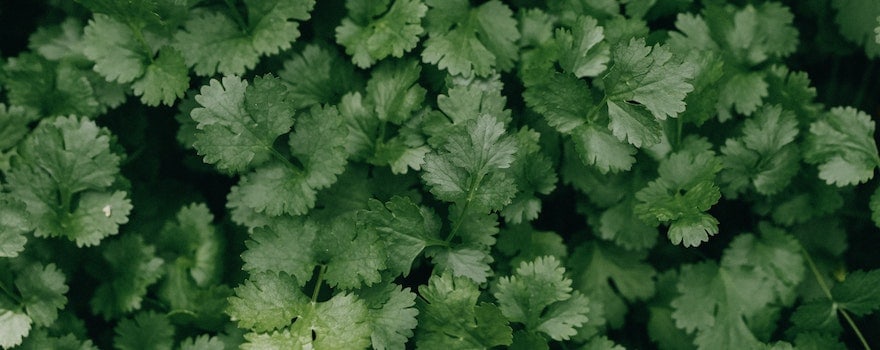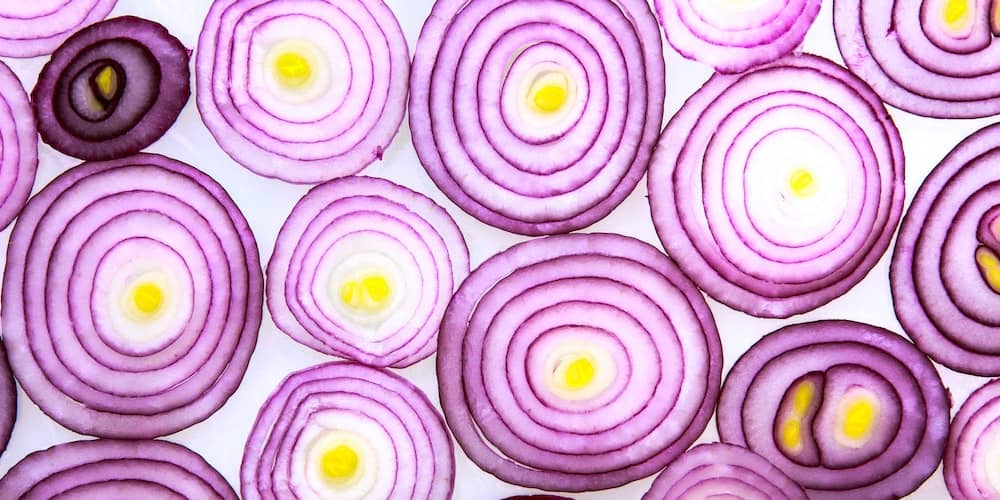What is quercetin?
A natural pigment
Quercetin or “quercetol” is a natural pigment belonging to the flavonoid family. With a bright yellow color, it is found in many fruits and vegetables. It is notably present in the following plant sources:
- buckwheat
- red onions
- capers
- fruits (blueberry, apple, grape, cherry, cranberry…)
- herbs (lovage, parsley, chives, dill…)
It is also an active compound in certain medicinal plants like ginkgo biloba and St. John’s wort.
A dietary supplement
Quercetin is primarily known for its antioxidant action.
When taken as a dietary supplement, it protects the body from cellular aging and combats oxidative stress.
As shown in this study, it also slows the decline of cognitive functions related to age or Alzheimer’s disease.
Moreover, it has anti-inflammatory effects. It reduces symptoms and relieves pain from rheumatoid arthritis.
Finally, it supports the immune defenses and regulates allergic reactions (asthma, rhinitis, atopic dermatitis…) through its antihistamine action.
It is available in capsules, tablets, or liquid form.
Also read | How to choose the best quercetin?
While taking quercetin has benefits, its consumption is discouraged for certain individuals. It can also cause side effects.
In which cases is it contraindicated?
In case of thyroid problems
People suffering from thyroid disorders (hyperthyroidism, hypothyroidism…) should avoid consuming it.
Indeed, as shown in this study, it can interfere with thyroid functions.
In case of gastric issues
Its consumption can cause stomach upset, especially if quercetin is taken for too long.
It is therefore not recommended for people with a sensitive stomach or suffering from a gastric ulcer.
In case of kidney issues

In the long term, taking quercetin can cause kidney problems. Avoid consuming it if you already have kidney issues (stones, kidney failure…).
If you are taking certain treatments
If you are on medication, seek your doctor’s advice before consuming it.
Indeed, it can reduce the effects of certain medications such as antibiotics, hypotensives, antidiabetics, and anticoagulants.
Moreover, it enhances the anticoagulant effect of milk thistle, turmeric, ginger, and flaxseeds.
In pregnant and breastfeeding women
To date, no studies have shown a potential danger of quercetin in pregnant and breastfeeding women.
However, due to the lack of sufficient data on this subject, its consumption is to be avoided.
What are its adverse effects?
Main side effects
If taken for too long or at a high dosage, it can cause adverse effects. Among the most common are:
- headaches
- gastric pain
- kidney problems
Stop your consumption and consult a doctor if the side effects do not subside.
Precautions for use
To avoid potential side effects, quercetin should be taken short-term (maximum 3 months). Space out each supplementation period with a break.
Always follow the dosage indicated by the manufacturer. On average, it is between 500 and 1500 mg per day for an adult.
The intake should be on an empty stomach in the morning or between meals for better absorption by the body.



